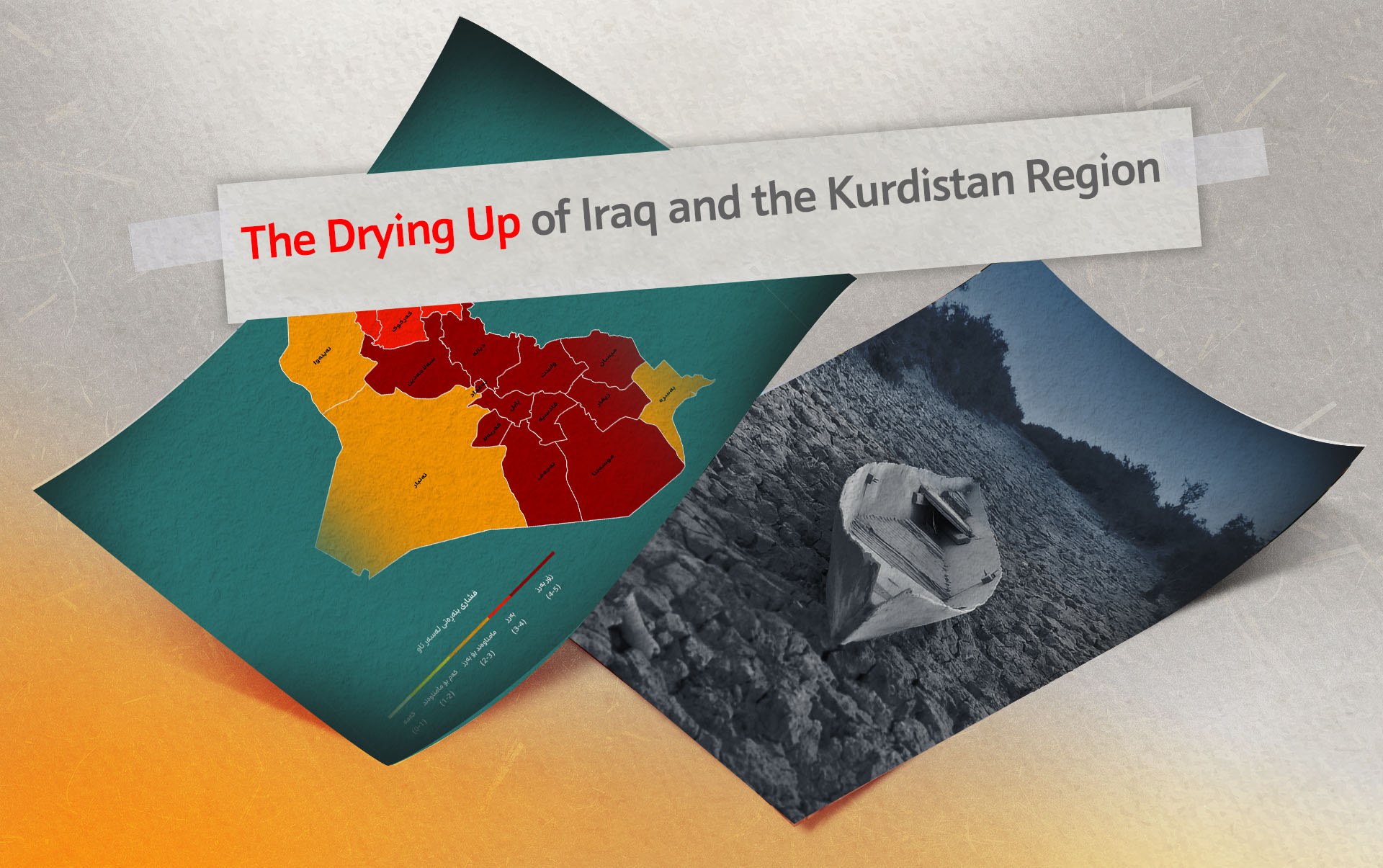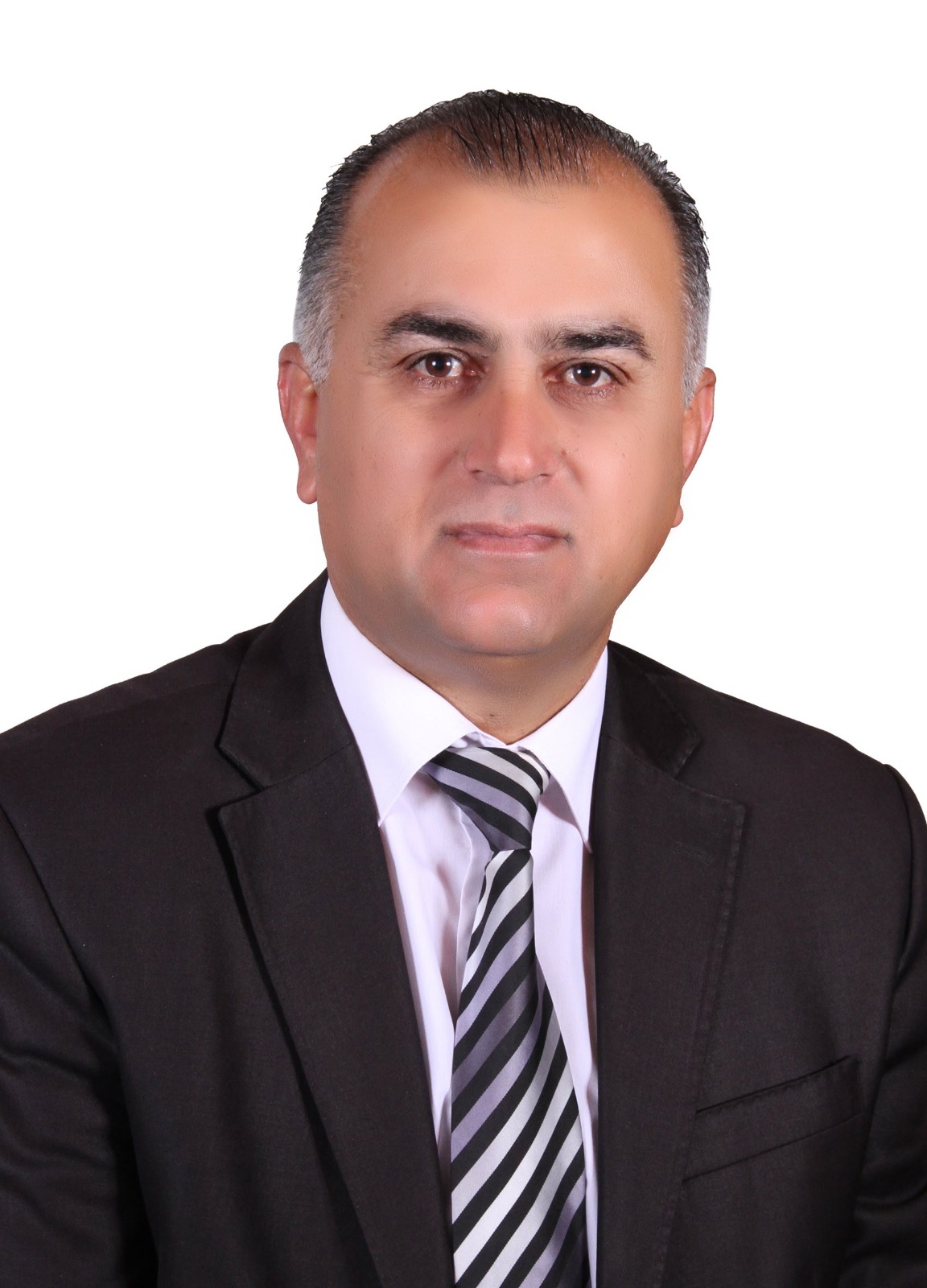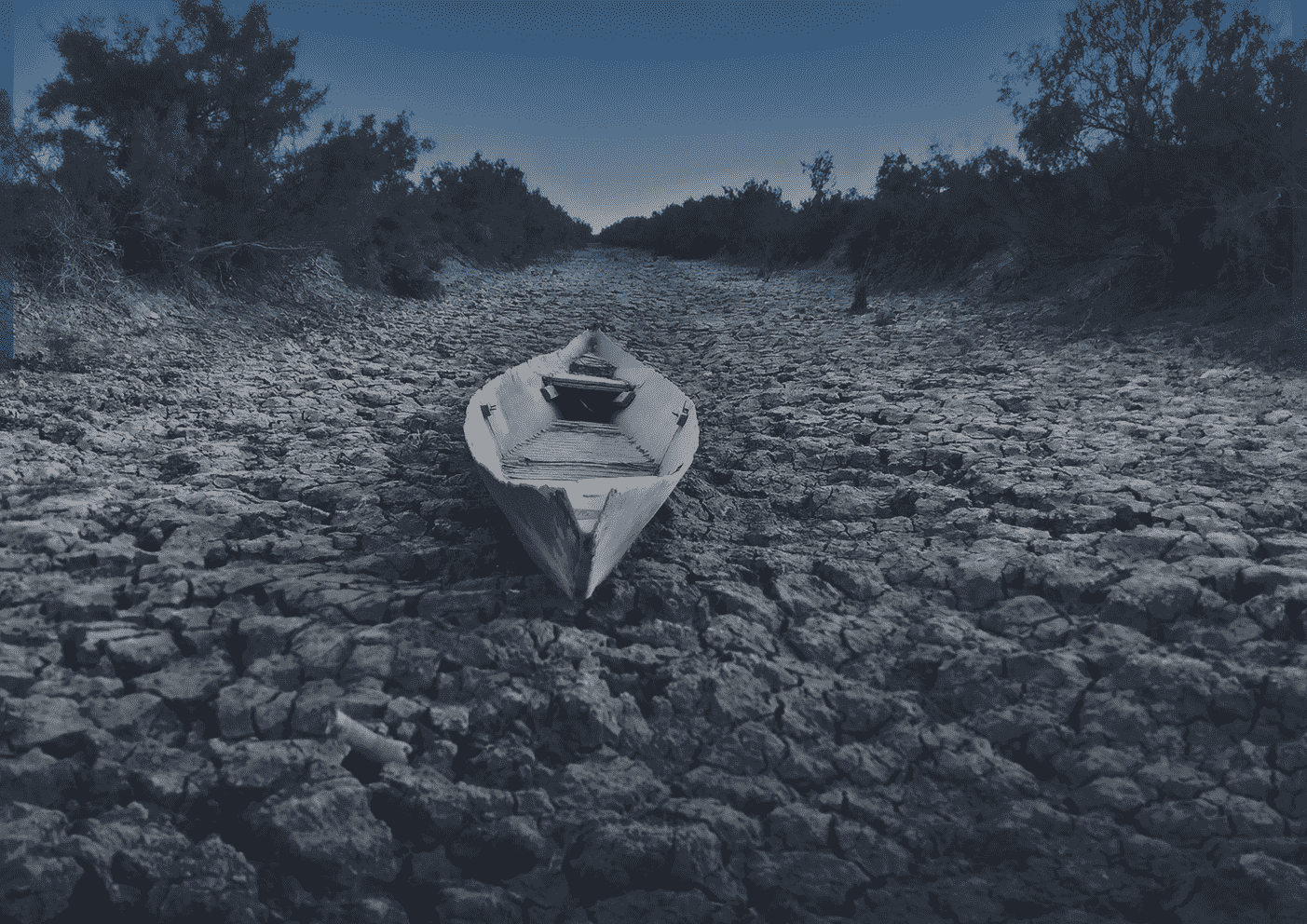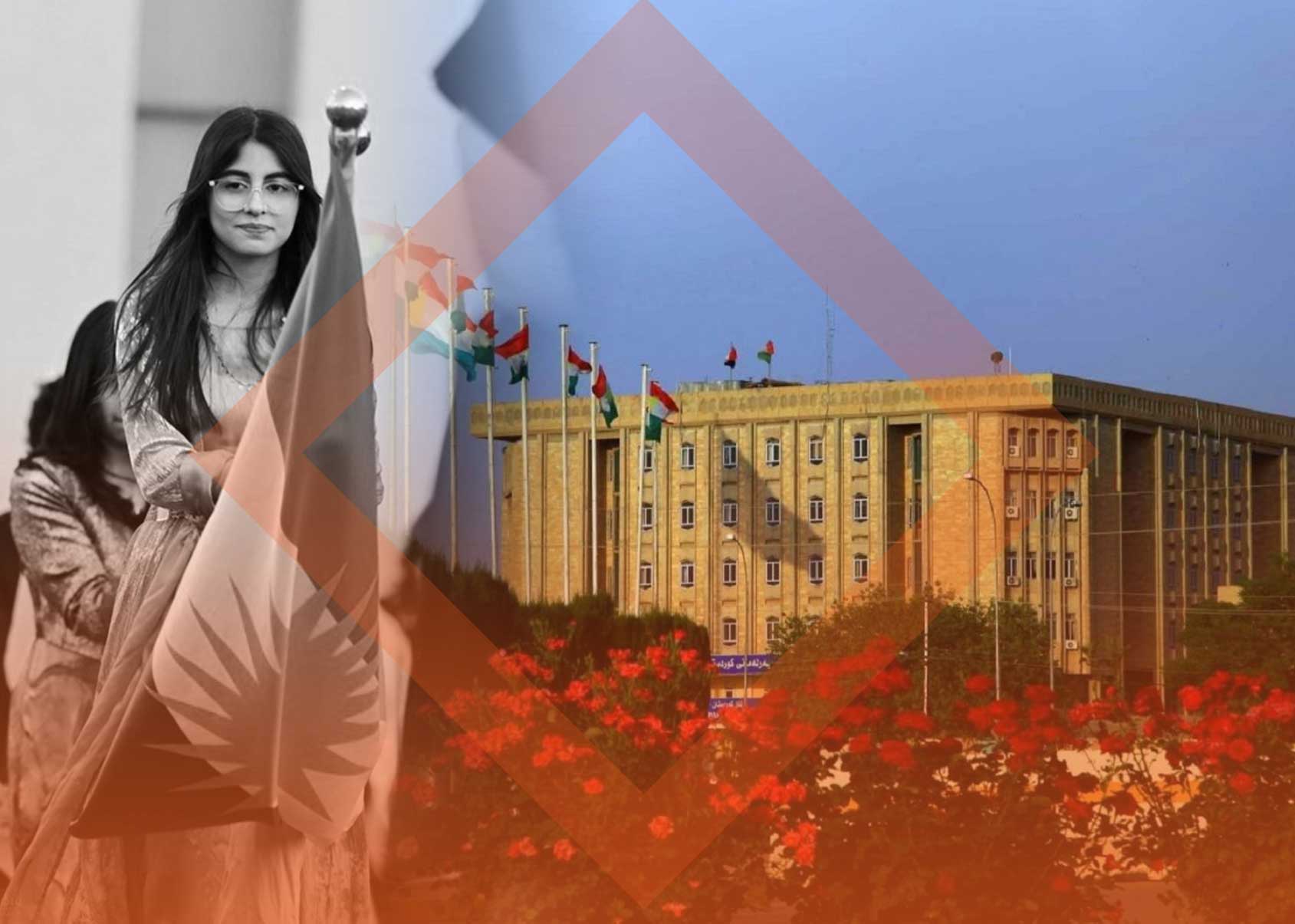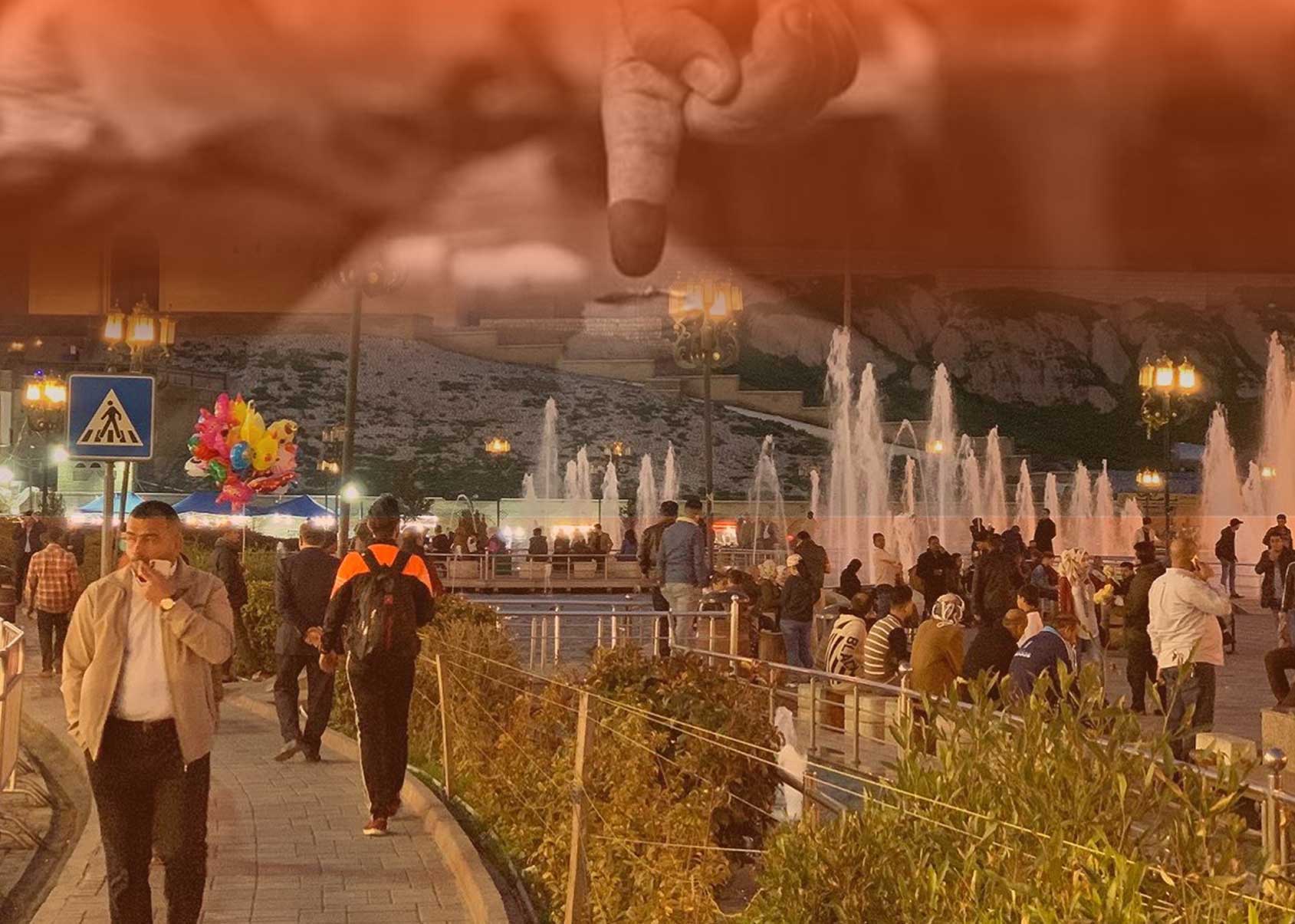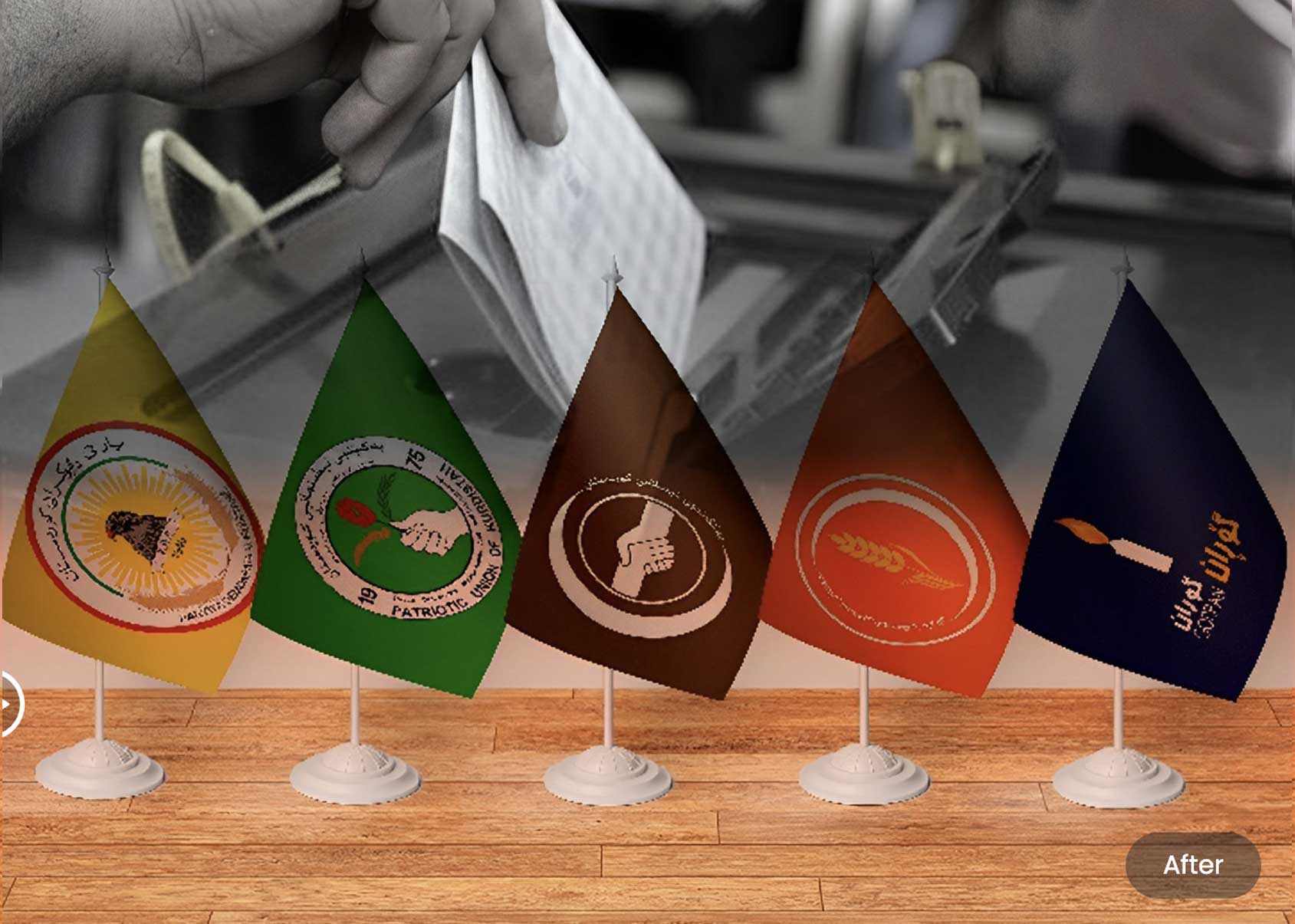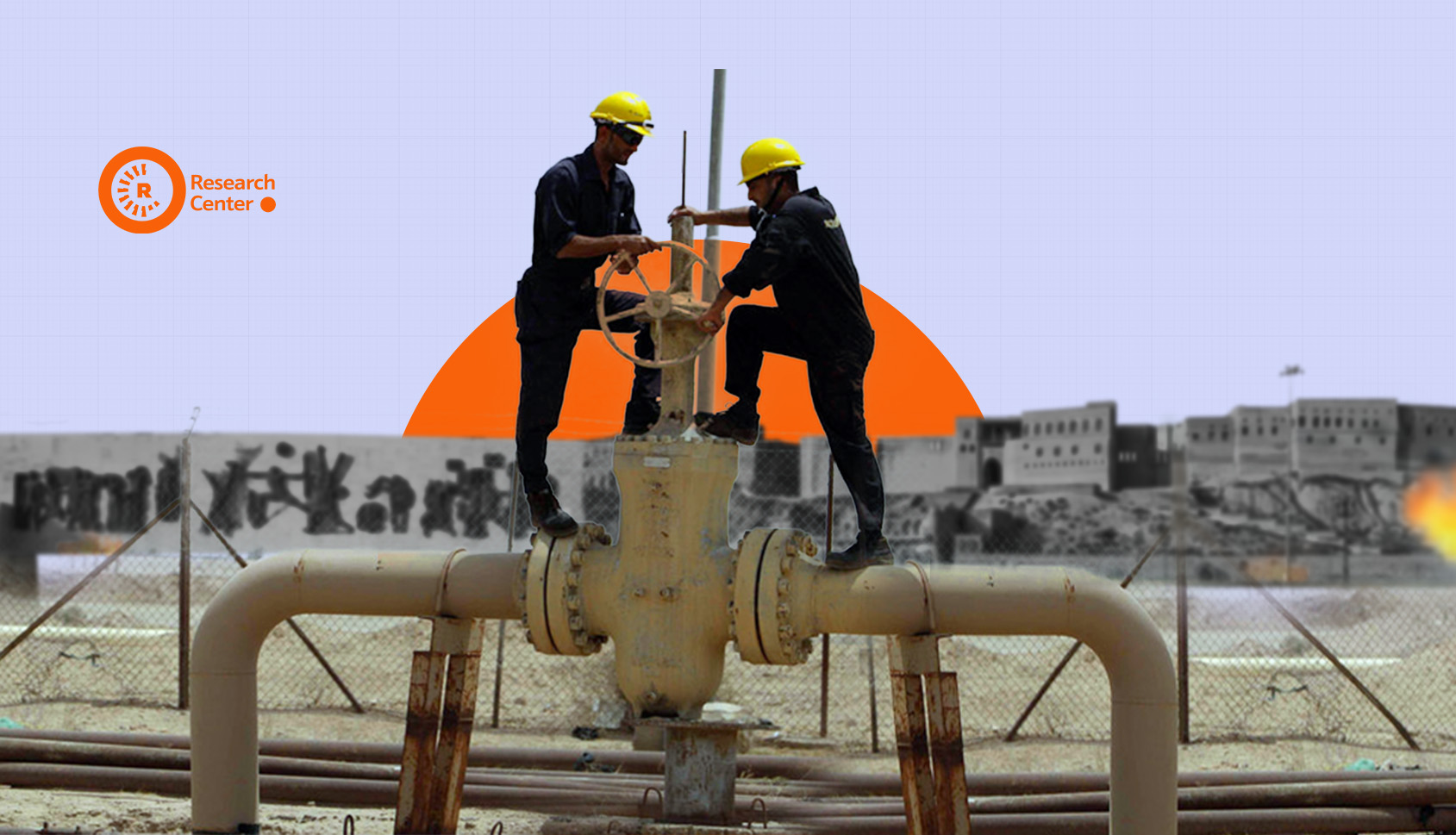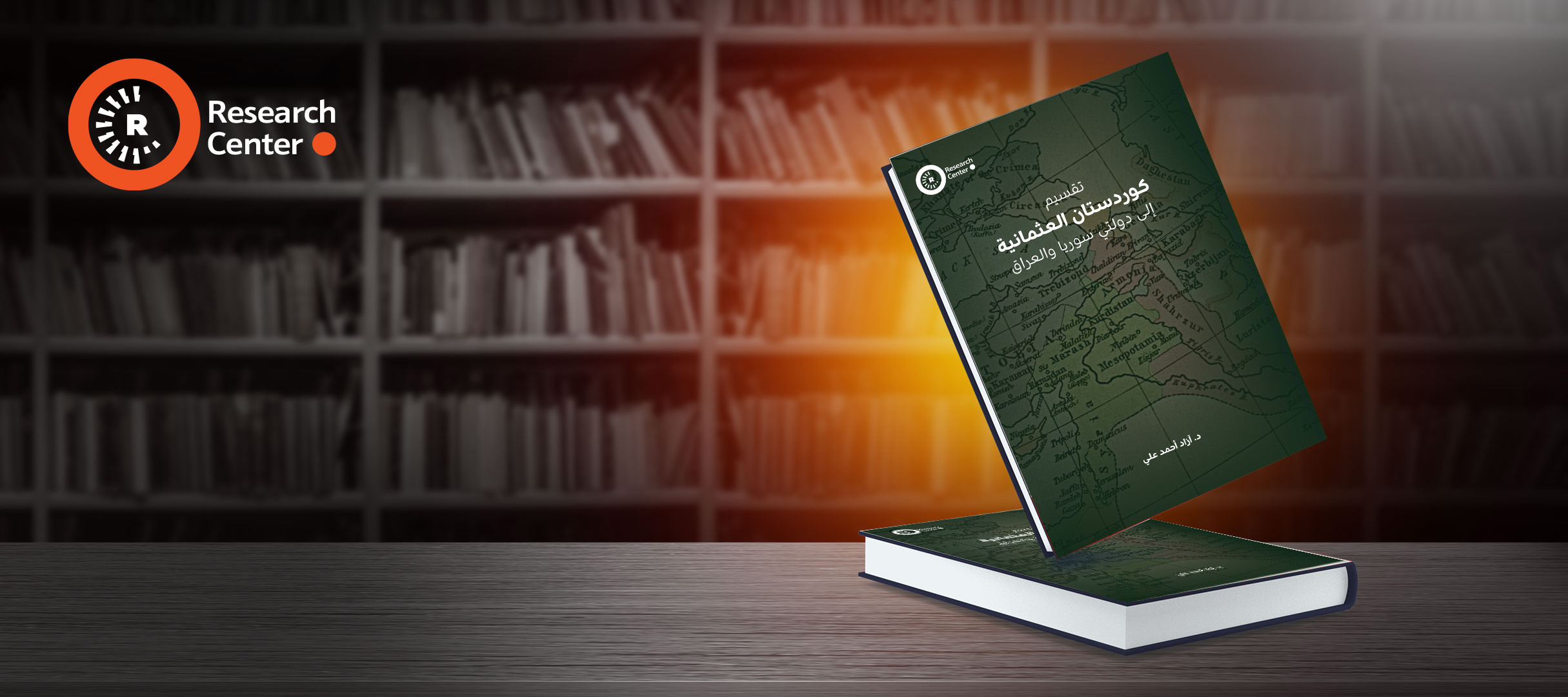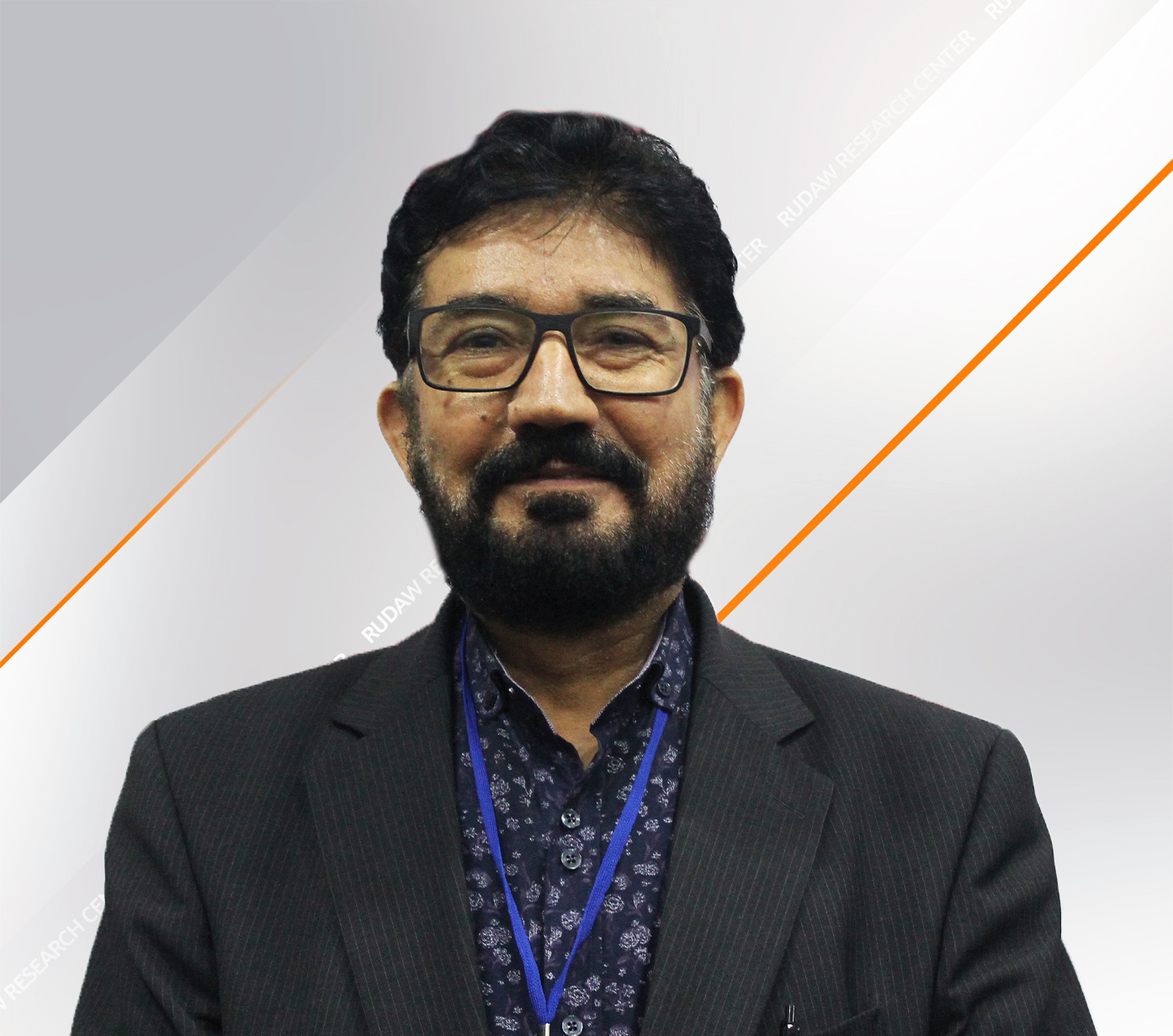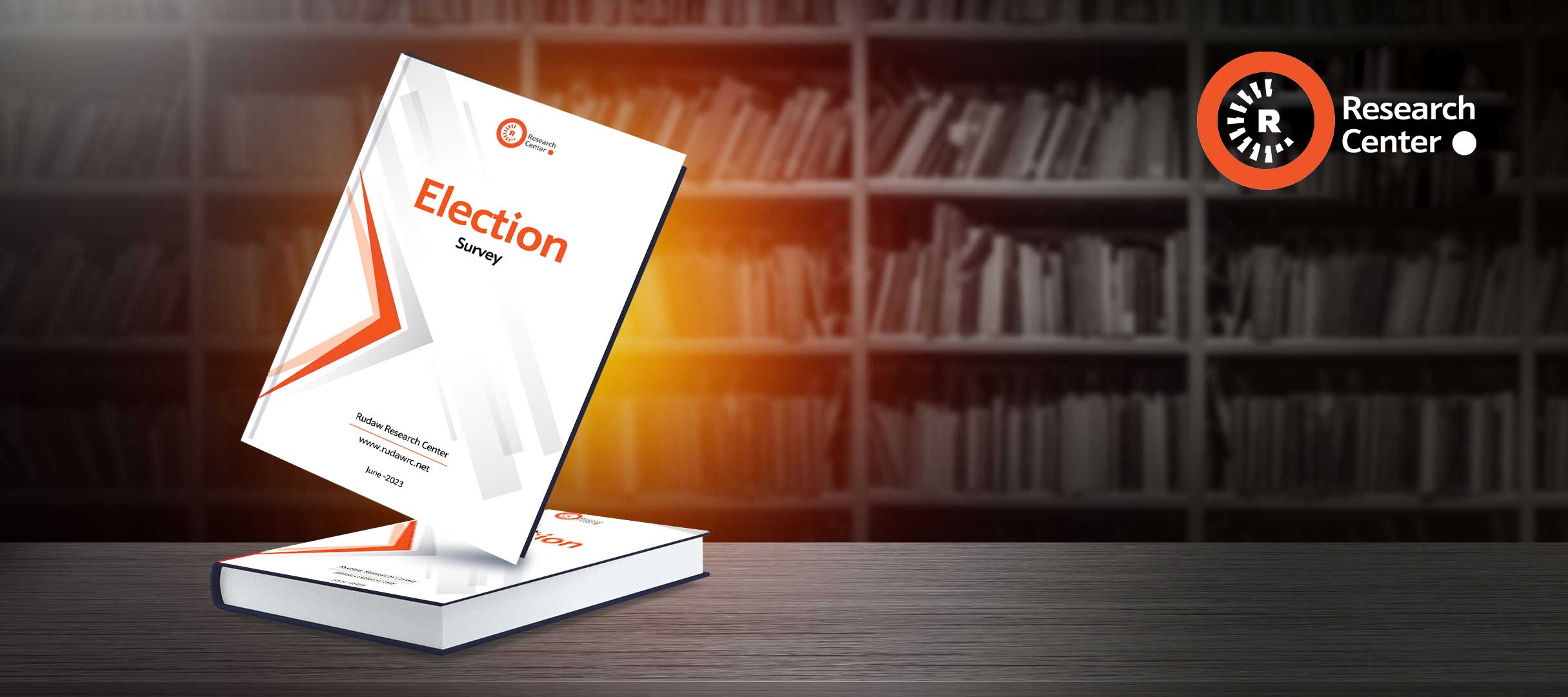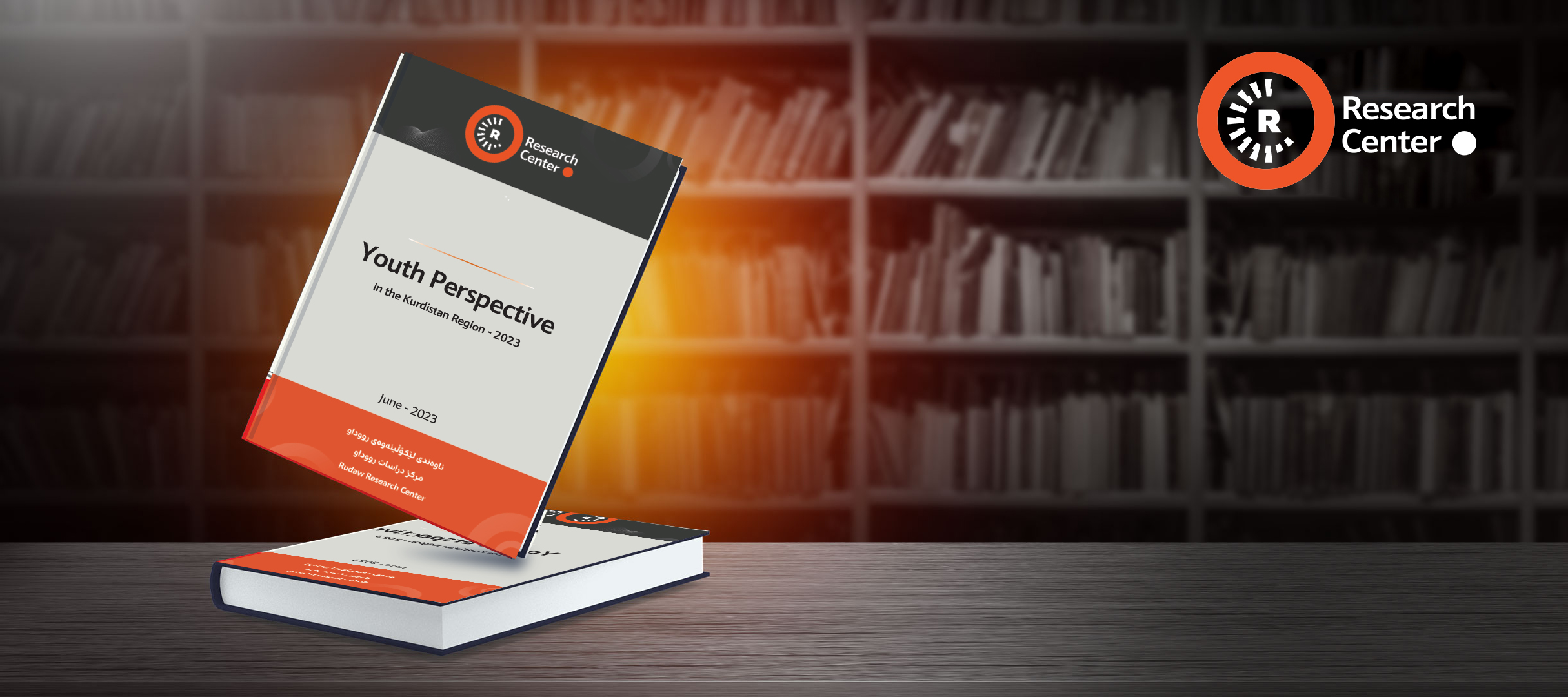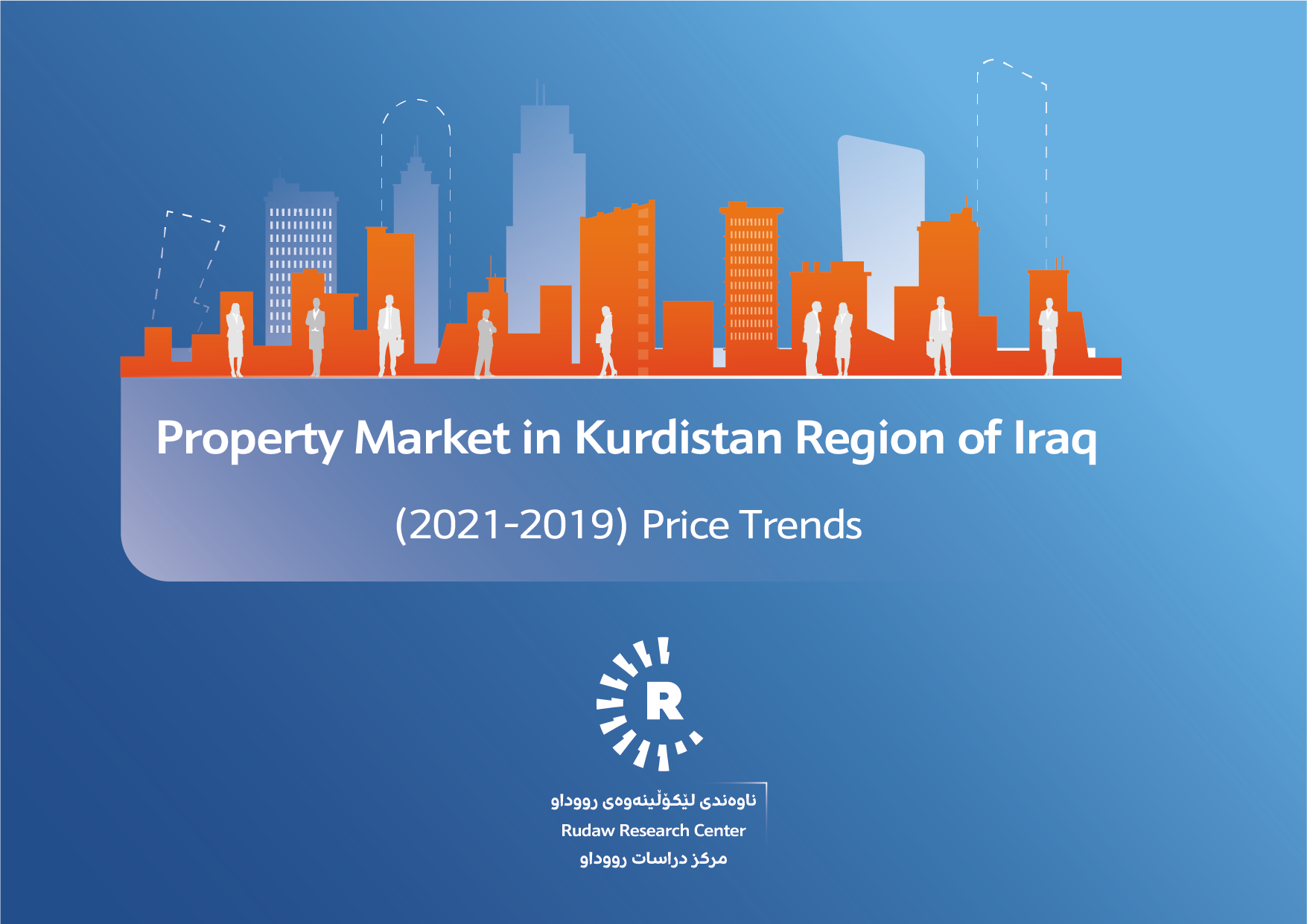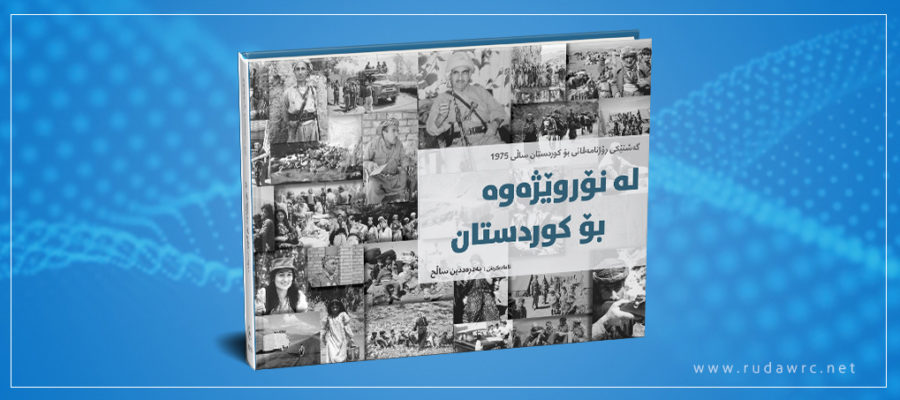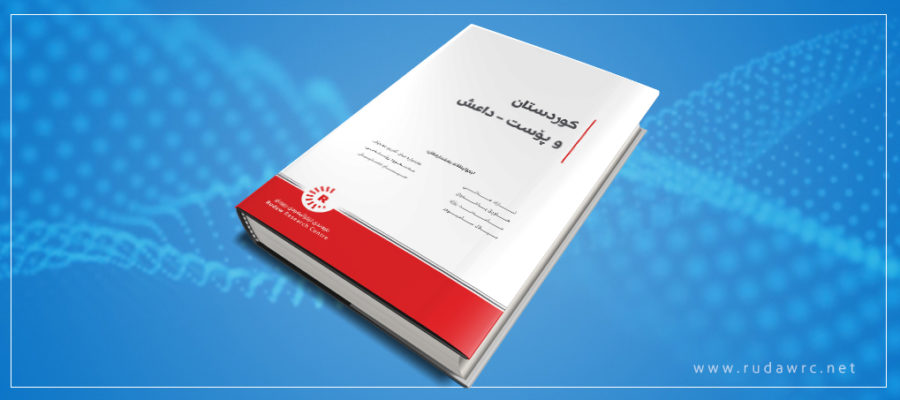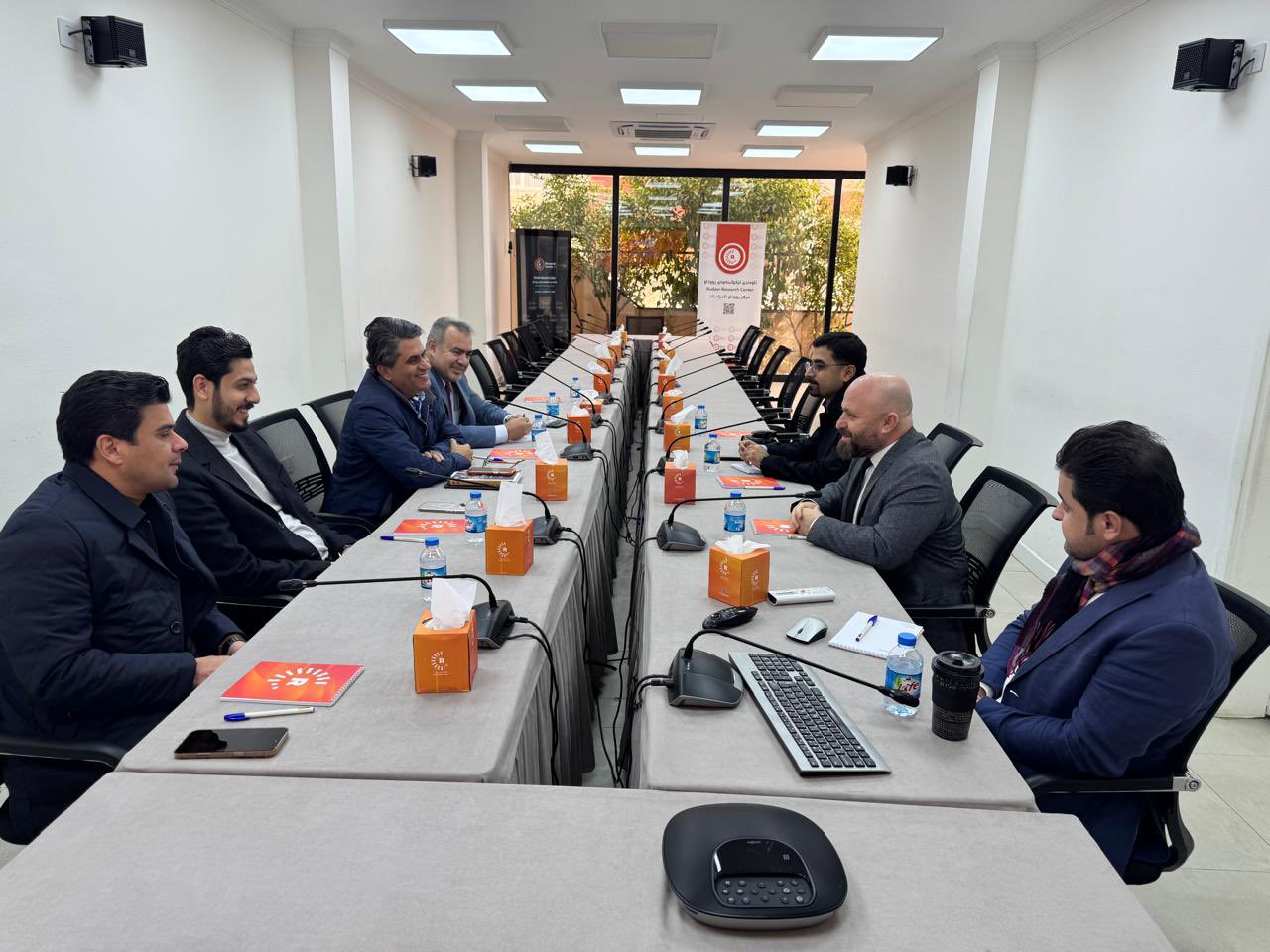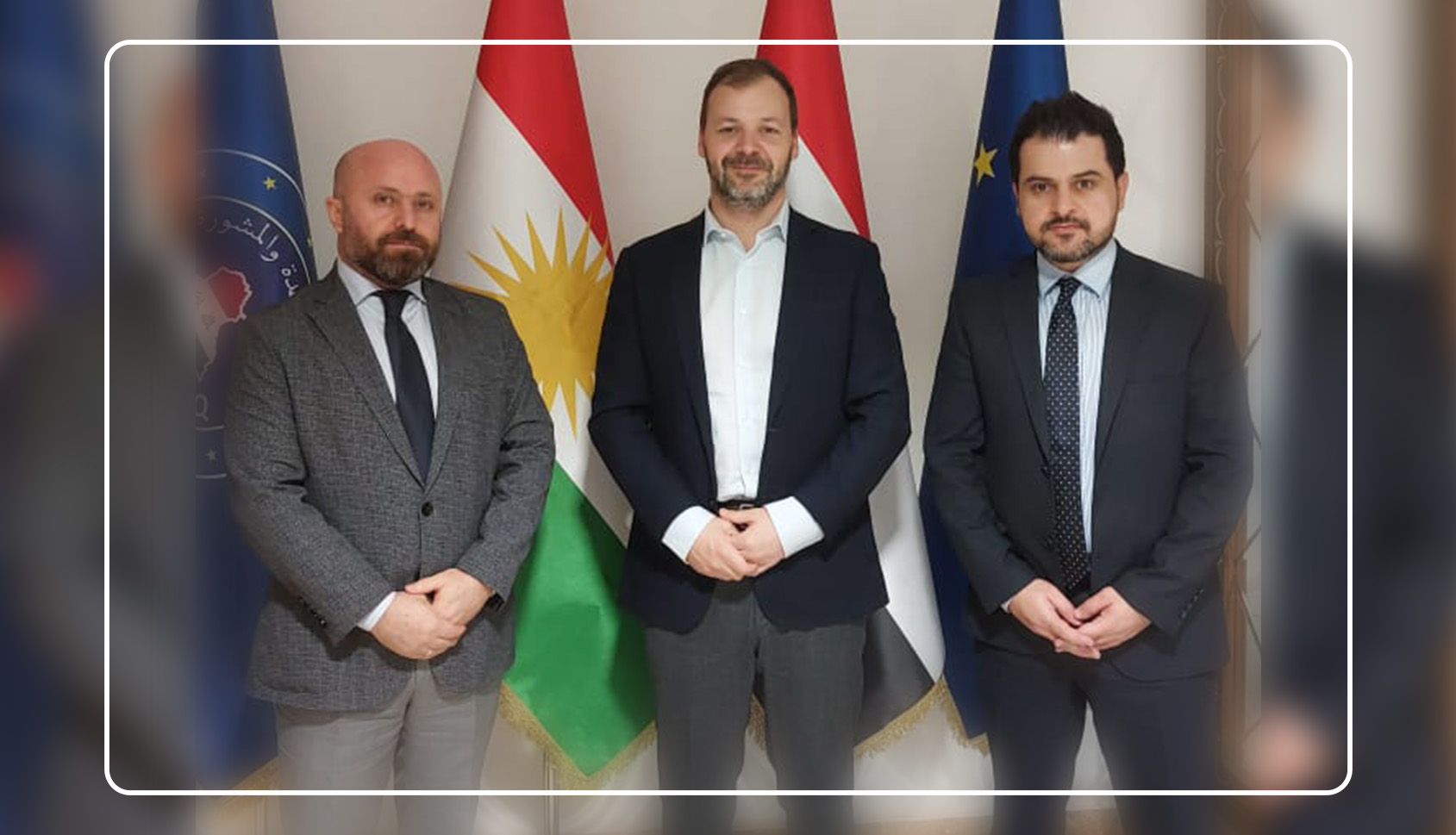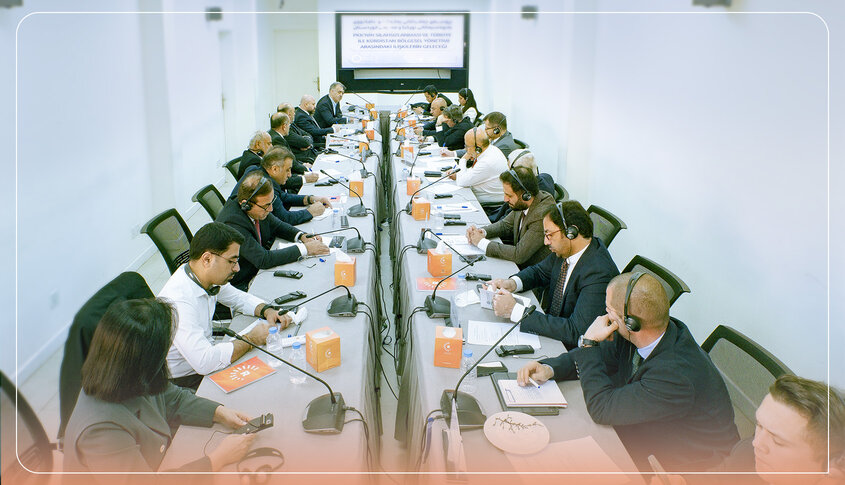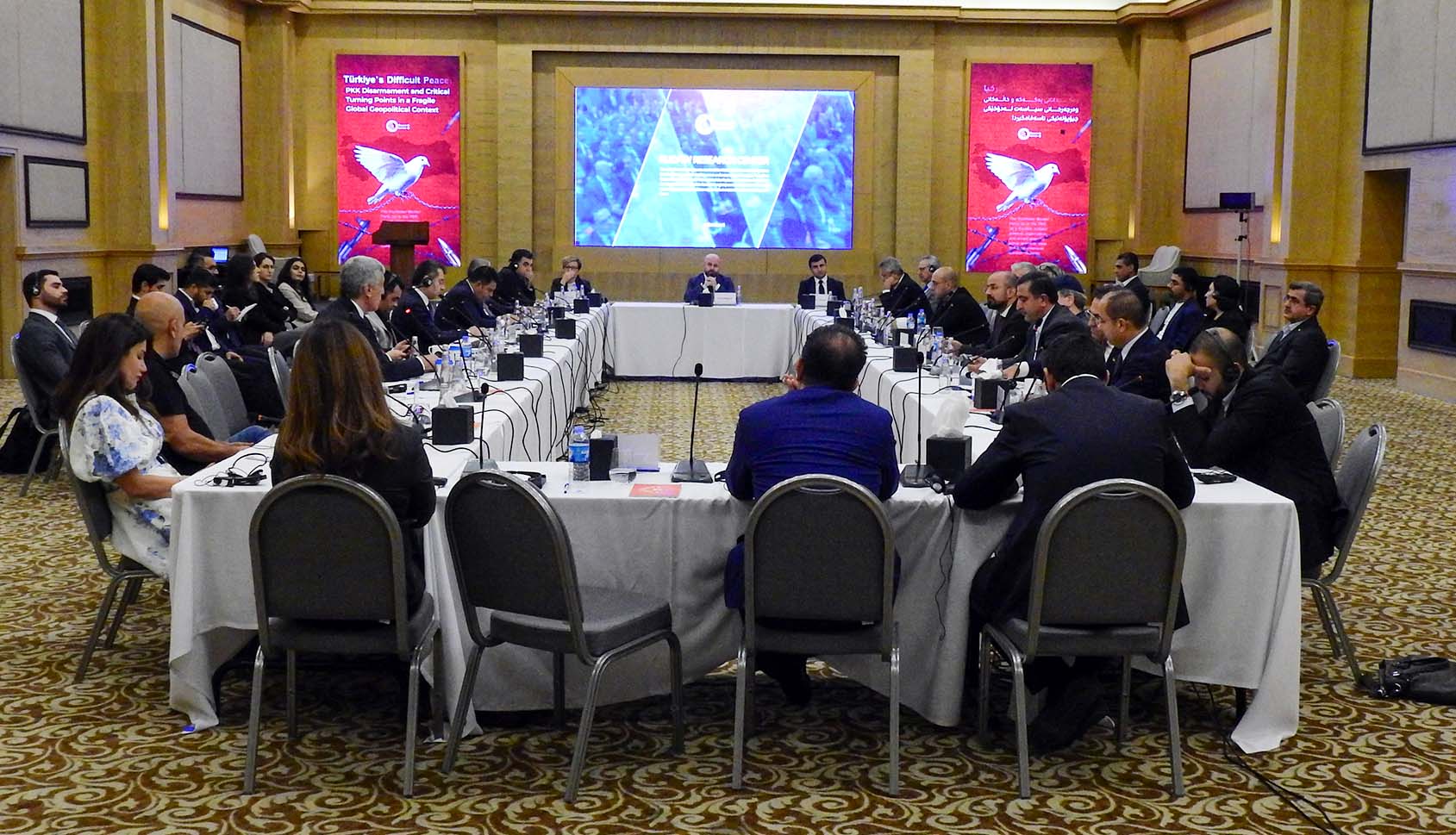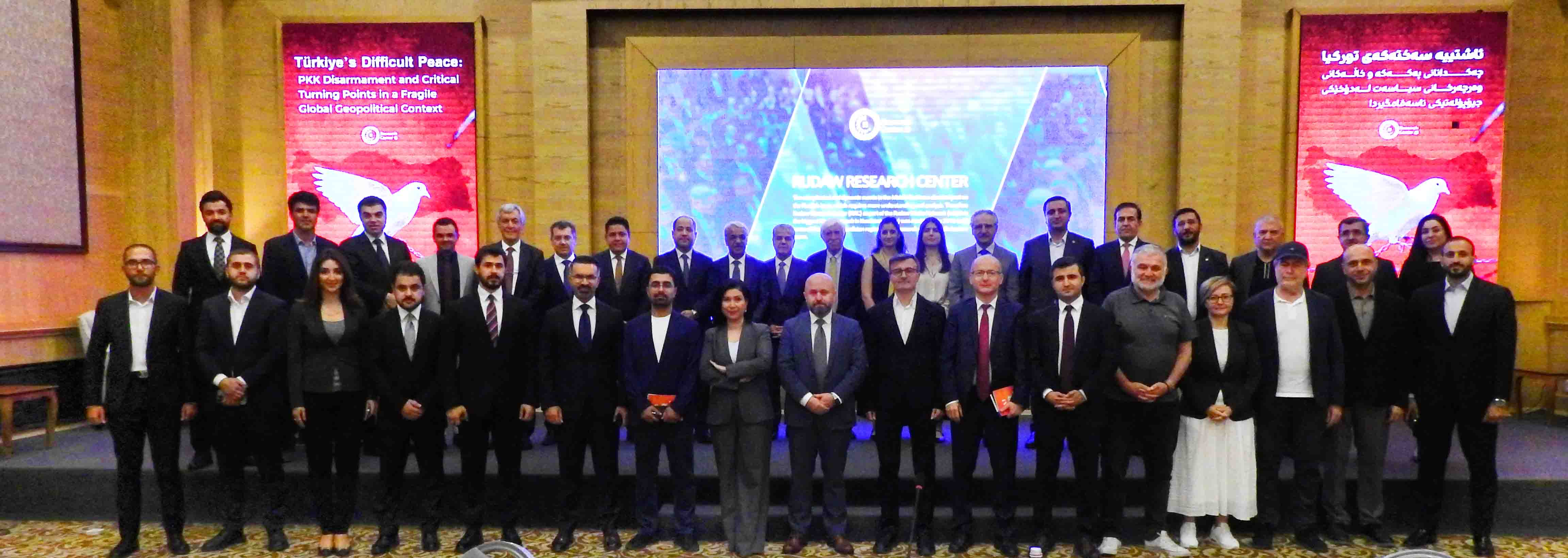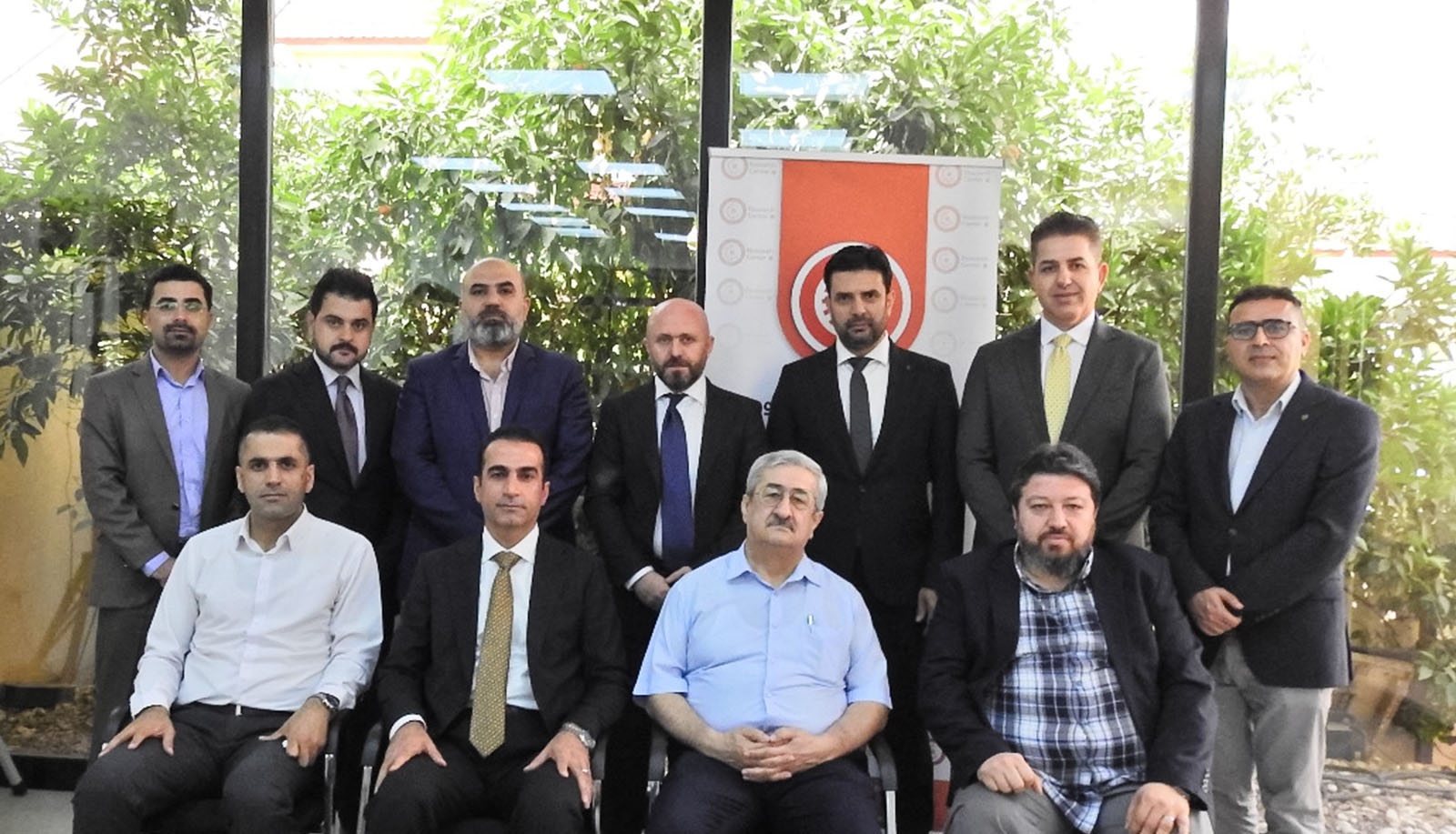Iraq and the Kurdistan Region have faced a major crisis from both external and internal dimensions: the water scarcity crisis. At present, Iraq and the Kurdistan Region are confronting an unprecedented threat of drought in their history, particularly as the annual renewable water availability per individual is currently approximately 600 cubic meters and is expected to decrease by half or more in the coming decade.
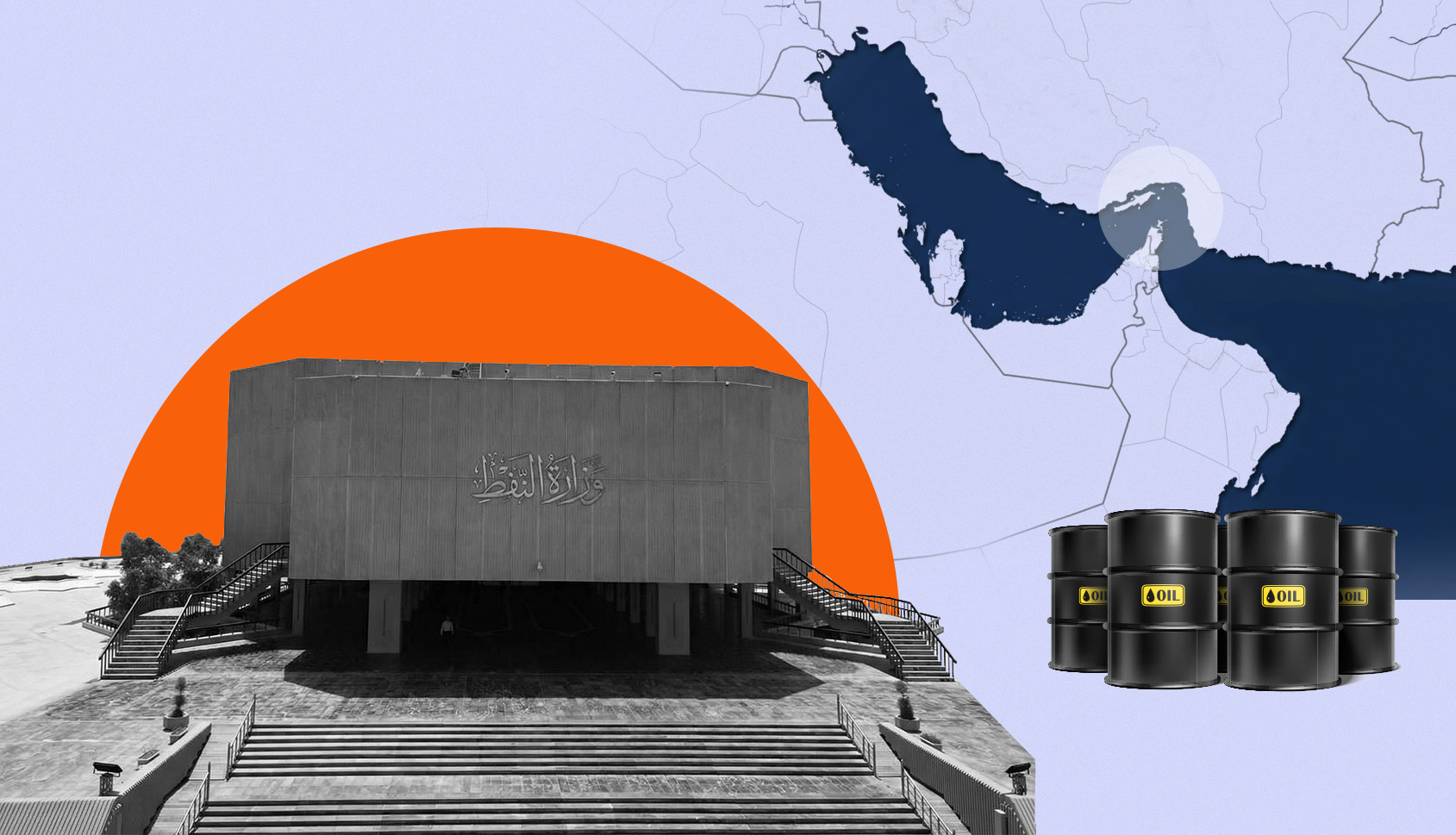


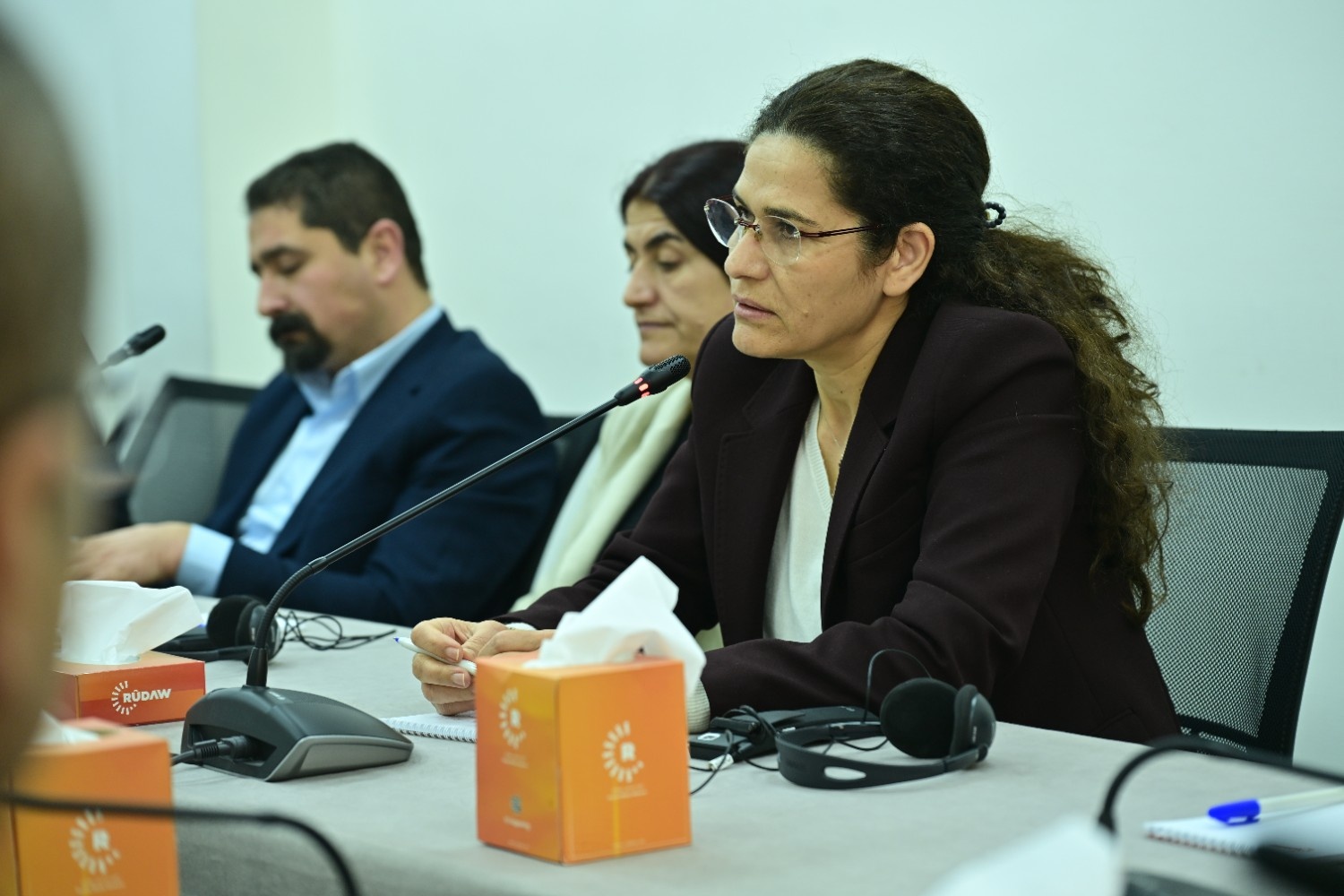


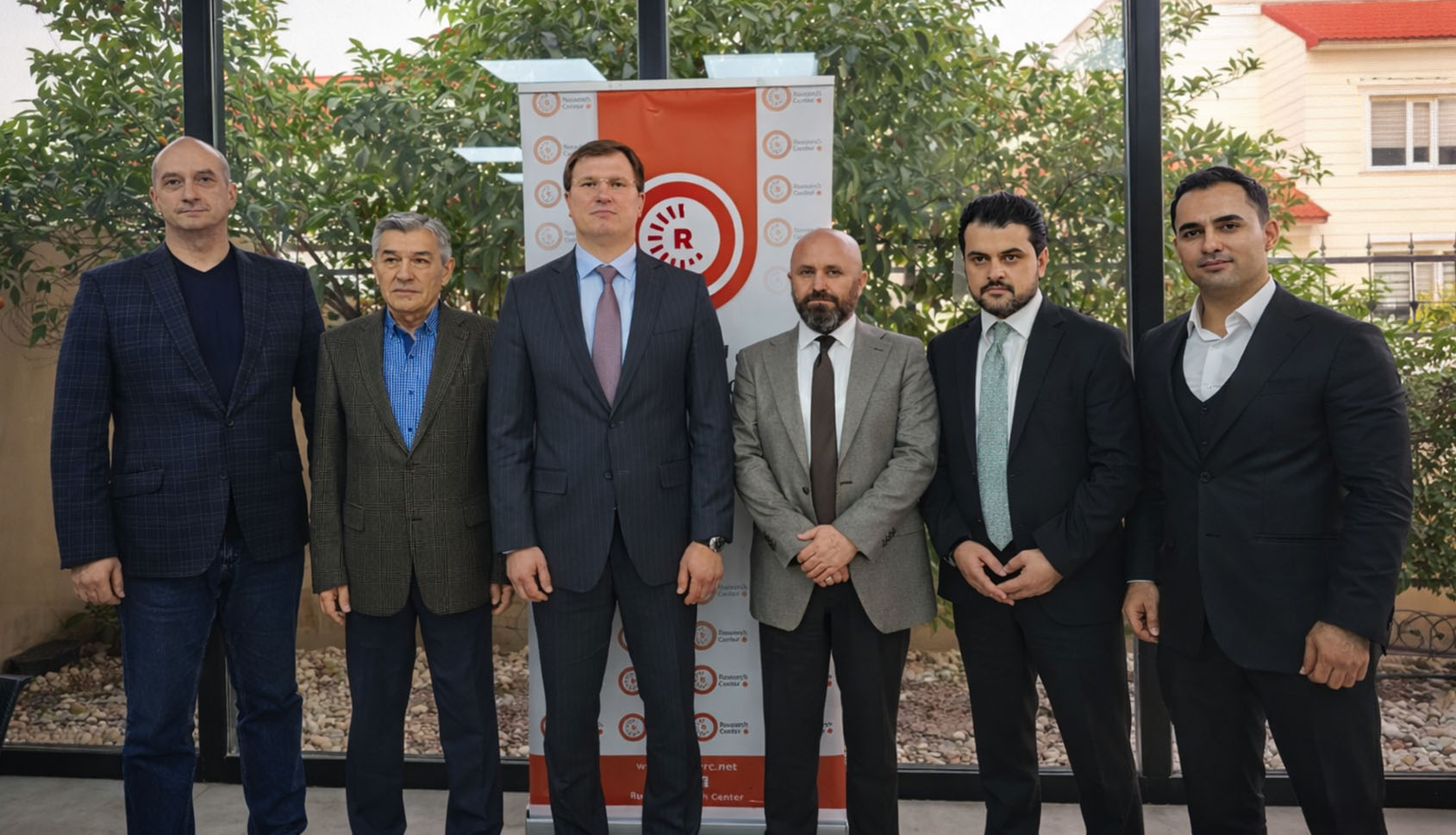







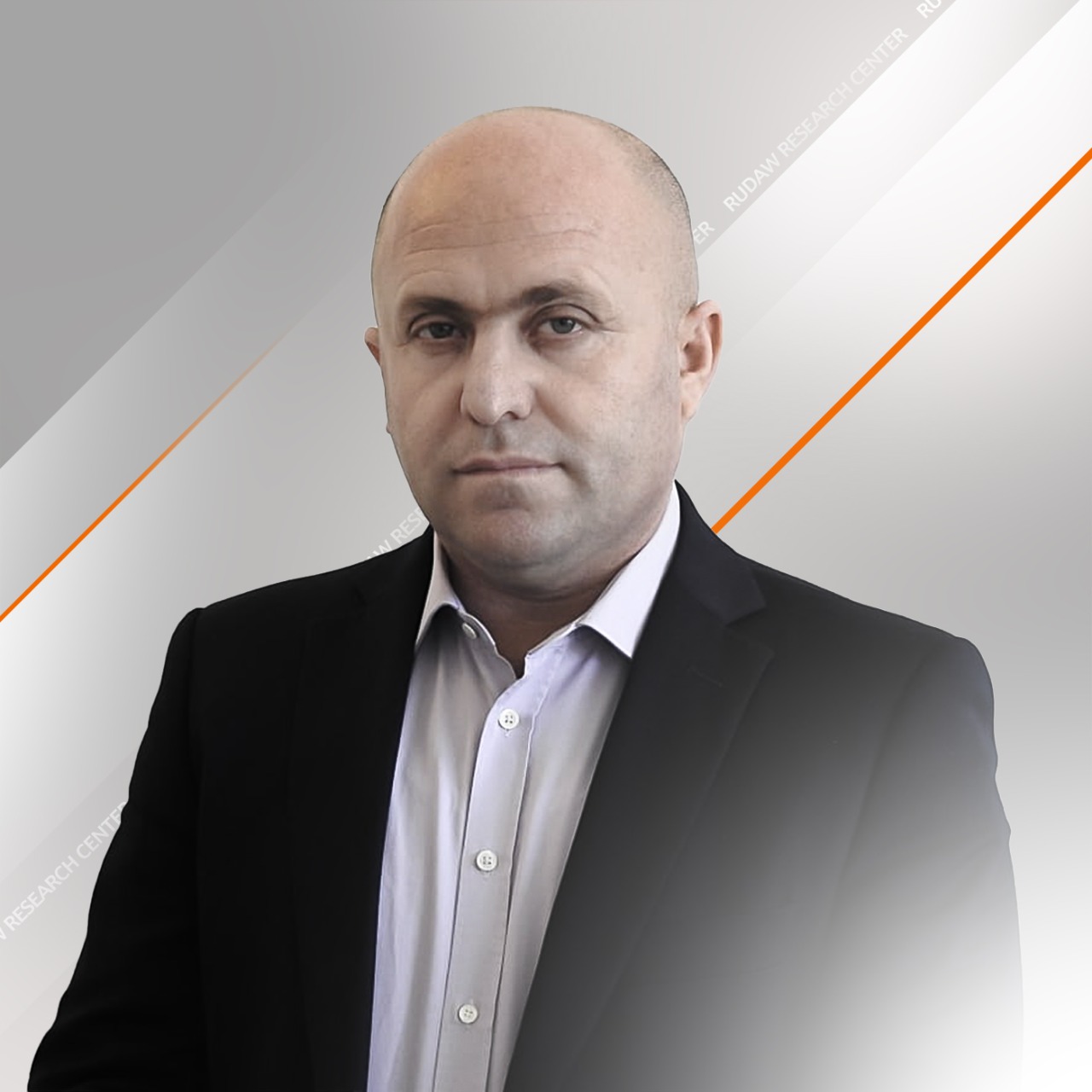



Analysis
On Sunday, Iraq’s Ministry of Oil convened a high-level meeting to review recent regional developments and their implications for the energy market. Officials stated that the discussions included an evaluation of the emergency response plan for the oil sector, as well as strategies concerning production and export operations for crude oil, natural gas, and petroleum products, all in light of ongoing security tensions in the region.
Iraq’s Operational and Investment Expenditures: Significant Disparities across Governorates

Iraq's Ministry of Finance monthly spending data reveal significant disparities across governorates that extend beyond the Kurdistan Region, affecting ministries, services and governorates nationwide. Operational and investment allocations vary widely from southern to central Iraq, while Kurdistan Region governorates and disputed areas such as Kirkuk received no funding from 2015 to 2025.
Rojava and the New Regional Security Architecture: Is the Levant’s Great Game Ending?

Both the ceasefire and the negotiations between the Syrian Democratic Forces (SDF) and the interim Syrian government have remained fragile. However, the most recent agreement between the two sides—reached on the 27th of January, 2026, and announced publicly on the 30th of the month—appears to represent an important turning point. The agreement has taken shape under the combined influence of developments on the ground and the broader political-military dynamics unfolding across the Middle East
Iraq’s Economy, 2015–2025: How Did Public Expenditure Rise from 2.8 Trillion to 9.1 Trillion Dinars in a Single Month?

Data published by Iraq’s Ministry of Finance provides an official view of how the country’s economy has been managed over the past decade, with one defining feature standing out clearly: the sustained and rapid expansion of public expenditure. This report is the first installment of a three-part series examining Iraq’s economic trajectory, based on the Rudaw Research Center’s monthly revenue and public expenditure dashboard covering all state institutions from 2015 to 2025.
In late 2025 and early 2026, Iran entered one of the most critical phases in its more than 46-year history since the establishment of the Islamic Republic. A new wave of protests has emerged, spreading to approximately 250 locations across 27 provinces. Although the number of participants appears lower than in previous protest movements, the speed and geographic breadth of their spread, combined with the severe economic pressure faced by ordinary citizens, make this wave particularly significant. However, economic hardship alone does not fully explain the current unrest. Broader structural and political factors are also at play, including declining public trust in the political system during what many perceive as a transitional period, as well as the impact of external political and military developments on Iran’s internal dynamics. The reimposition and tightening of international sanctions, statements by U.S. President Donald Trump regarding the possibility of intervention should protesters be killed, the growing risk of a renewed military confrontation with Israel, and the capture of the Venezuelan President, Nicolás Maduro, have all contributed, directly or indirectly, to shaping the current protest environment.
More than three months ago, a trilateral agreement was signed for exporting oil from Kurdistan Region fields through pipelines and selling it to global markets. According to the penultimate clause of the agreement, " The agreement will be effective for 30 days from the date of signing and will automatically extend until December 31, 2025. The parties can agree to extend the agreement for a longer period or terminate it prematurely."
Publications
The Rudaw Research Center's latest publication, "The Division of Ottoman Kurdistan Between Two States: Syria and Iraq," was released in 2023. This comprehensive work, composed of five sections, explores the division of Ottoman Kurdistan and its historical implications.
Election Survey

Roughly 60.3% of the surveyed population expressed their intention to participate in the forthcoming parliamentary elections, displaying similarity in turnout rates when compared to previous elections. This inclination towards participation seems to arise from a combination of new voters entering the scene and a strong aspiration among young individuals to engage in the electoral process. Moreover, the prevalent political climate and heightened polarization could also be significant factors impacting individuals’ decisions to take part in the elections. The survey indicates that three distinct groups — non-participants, undecided voters, and those opting for blank ballots — are poised to play substantial roles in the upcoming elections. Particularly noteworthy is the 39.7% of voters who intend to refrain from voting, along with 29.2% who responded positively but withheld their voting choice and 3.7%, indicated a plan to cast blank ballots. This cumulative figure amounts to 2,167,252 voters.
Young people aged 15-29 constitute a significant portion of the population in the Kurdistan Region, accounting for 28% or 1,727,903 individuals. Additionally, approximately 35% of the population in the region is under the age of 15, accounting for 2,159,879, highlighting the continued presence and influence of the young population for the next two decades. This demographic dynamic has important implications for the labor force, wealth distribution, job opportunities, and political participation. Understanding the perspectives of young people on economic, social, and political matters is crucial as it can shape the future of society.
The Kurdistan Region of Iraq (KRI) Property Market Report, including a survey, followed by several meetings of counselling and planning at the Rudaw Research Center. The report was accomplished by efforts and supervision of our colleague, Mahmood Baban and his team. It provides detailed information on the price trend in the KRI real estate market
This book was written by two Norwegian journalists and was published in 1975. The book includes reports and photos of the famous Norwegian journalist ‘’Egil Ulti’’ and his photographer Evarsn journey’s to Kurdistan which they spent time with Peshmerga forces in the mountains and tell the story of how Peshmerag defended the people and land of Kurdistan and, and also tell the story of Kurdish exodus due to Iraqi regime’s attacks.
Kurdistan and Post -ISIS

In August 2014 ISIS had launched attacks on Kurdistan region and captured some parts of Kurdistan land. ISIS has exploited the chaos of the Arab spring in Syria. According to geopolitical experts this is considered as geopolitical change therefore Kurdistan had to adapt with the new geopolitics of the region.

